You’ve probably heard or watched countless videos on the various theories along with inaccurate information on Covid-19 spread widely through social media platforms and communication apps. Plus, it has now become a trend to receive treatment tips, suggestions or other details with regards to Covid-19 from friends, family members and colleagues through forwarded messages.
While some of the information may be true, there are still a fair amount of irrelevant particulars being made and claimed. It may be tempting to believe these questionable claims, but let’s set the record straight through the Malaysian Pharmaceutical Society Immunisation Advocacy Chapter. We speak to Pharmacist and a Professor from University of Sains Malaysia, Nur Hafzan Binti Md Hanafiah.

Myth: Drinking a lot of water will wash down the virus from the throat.
Nur Hafzan Binti Md Hanafiah: Although the key symptoms of Covid-19 are associated with the respiratory tract presented with cough, sore throat or difficulty in breathing, there is no scientific evidence on the effectiveness of flushing the virus by drinking a lot of water.
The World Health Organization (WHO) pointed out that drinking water will not prevent the coronavirus infection, nor will it wash out the coronavirus. However, it is important to stay hydrated. The easiest option is by drinking about six to eight glasses of water per day.
Myth: Vitamin c supplements will improve immunity and prevent Covid-19 infection.
Hafzan: SARS-CoV-2 infections may lead to inflammation and oxidative cascades thus resulting in multiorgan failure. Vitamin C or ascorbic acid is an antioxidant that may help to treat inflammation as well as the symptoms associated with Covid-19. Vitamin C has demonstrated therapeutic properties regarding decreasing inflammation and optimising the immune defense. However, there is still limited data regarding the prevention of Covid-19 with vitamin C supplementation, thus further investigation and research must be done before implying its preventive properties towards Covid-19.
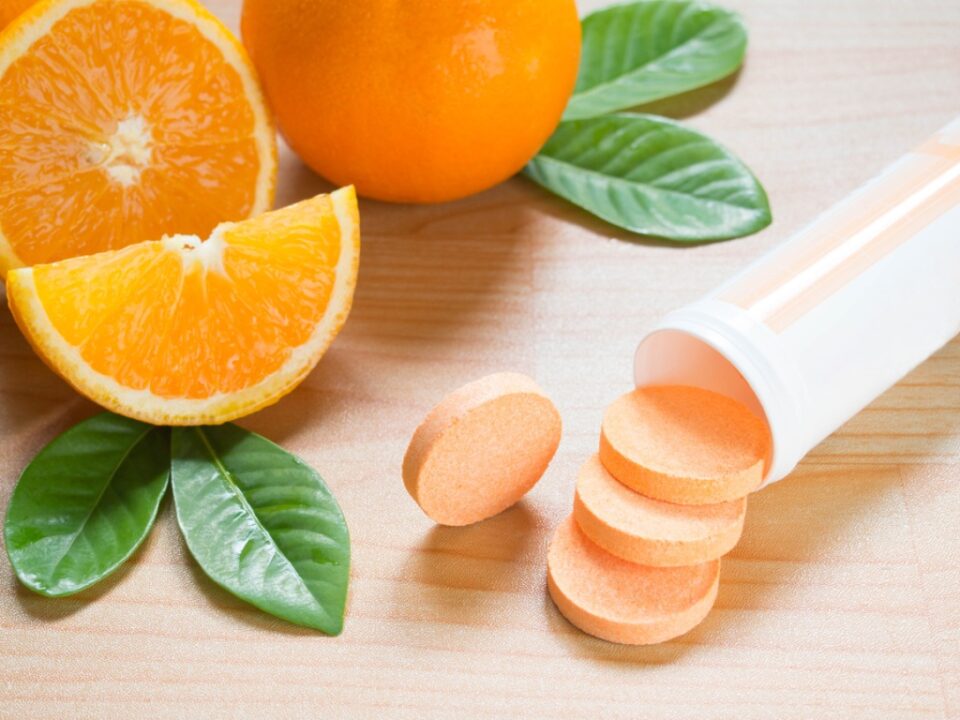
Myth: Common antibiotics will cure Covid-19.
Hafzan: Covid-19 infection is caused by a virus named as SAR-CoV-2 virus. Whereas an antibiotic is a type of medication that works against bacteria or microbes. Hence, the use of antibiotics will not cure Covid-19 and should not be used as preventive or treatment measures. However, if you are being prescribed an antibiotic, it is usually to help in the treatment and prevention of co-infection that may develop.
Covid-19 vaccines are aimed to prevent the progression or worsening of the disease rather than preventing the covid-19 infection itself.
Myth: The Covid-19 vaccines’ development were too fast, so it can’t be trusted.
Hafzan: If you investigate the history of vaccine development, you might see that it consumes decades just to develop a vaccine platform. However, with Covid-19 vaccines it is a different scenario. With the rampant spread of Covid-19, scientists all around the globe are racing and collaborating on developing the vaccines to initiate immunisation thus protecting the population against the virus.
With the advancement of technologies and the similarity of coronavirus characteristics, the vaccine platform development work was already done ahead of the Covid-19 spread itself. The scientist needed to only add the correct viral antigen.
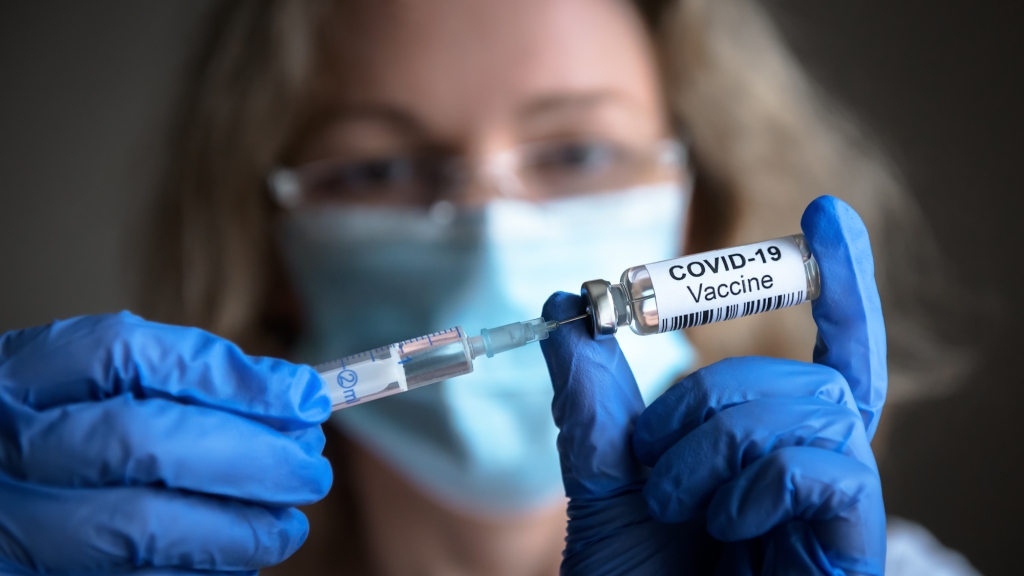
Public needs to also rest assured of the stringent evaluation done by the National Pharmaceutical Regulatory Agency before the approval of the vaccines to be used for humans.
Myth: Getting the vaccine gives you Covid-19.
Hafzan: The vaccine follows a very simple principle. It contains an antigen that stimulates our body’s immune system and provides immunisation against certain viruses. It should not subject the recipients from contracting the disease nor its complications. Hence Covid-19 vaccines do not give you Covid-19.
Nevertheless, it is not a safe-proof prevention as there is still a small percentage of people who were fully vaccinated may get the infection later. This may be due to the time it will take for the recipient to develop immunity. Remember that, Covid-19 vaccines are aimed to prevent the progression or worsening of the disease rather than preventing the Covid-19 infection itself.
Myth: The vaccine can affect your fertility.
Hafzan: Based on an article published by the Association of Reproductive and Clinical Scientists and the British Fertility Society, there is no evidence that Covid-19 vaccines will be able to affect fertility status. Those at reproductive age are advised to get the Covid-19 vaccine unless they are contraindicated. Vaccination is a method of reducing the risk of acquiring Covid-19 in pregnancy.
Myth: The vaccines don’t always work, so I don’t need to get one.
Hafzan: The Covid-19 vaccines are evaluated and tested to be effective in several phases of its development. However, it does not guarantee a 100 percent protection. In general, the concept is to prevent further spread of Covid-19 as well as reducing the worsening progression of the disease. Hence, herd immunity needs to be achieved to protect the population and prevent the spread.
Myth: I was infected by covid-19 previously, so I don’t need the vaccine.
Hafzan: No, you still need the Covid-19 vaccines. Although you had Covid-19 infection, the vaccine may help to alleviate the level of antibodies specifically targeting the Covid-19 virus. Hence, those who had recovered from Covid-19 may have their vaccine at most after 90 days.
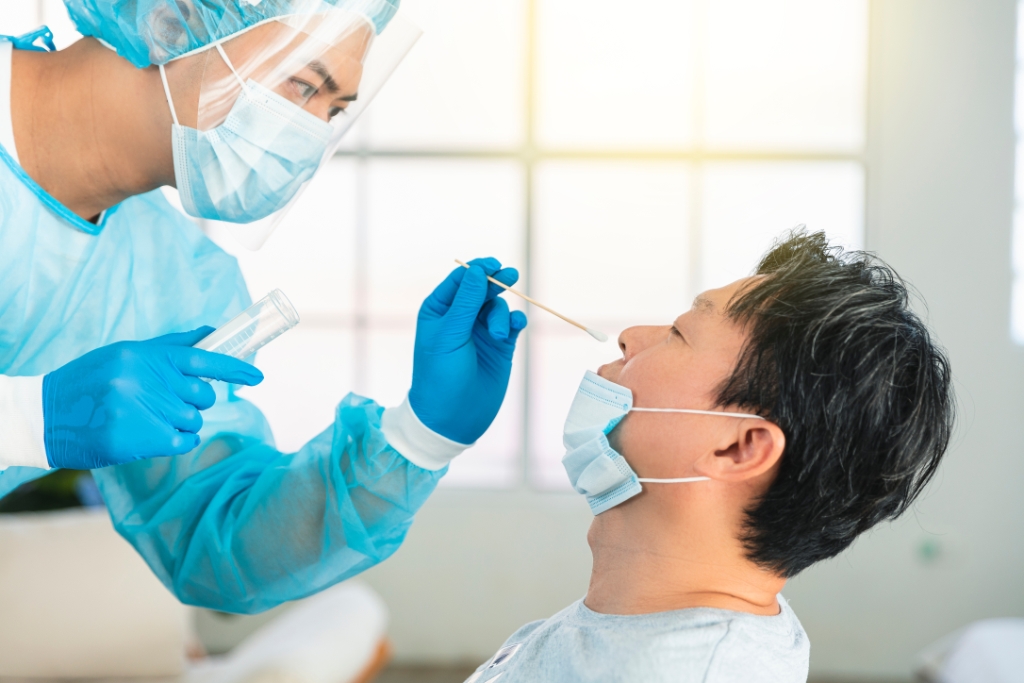
Myth: My test results came negative, so i’m free of Covid-19.
Hafzan: A negative test result at one time shows that the test used did not detect the coronavirus. The virus will acquire at least three to five days to copy or multiply until it is able to be detected by the test. Hence, it is not a guarantee that you do not have Covid-19 despite having a negative result. However, to avoid this, it had been a practice and proposed to have at least double Covid-19 testing to avoid false-negative results.
Myth: I will not succumb to covid-19 if I’m below 60 years of age.
Hafzan: As of 4th May 2021, the data from the Ministry of Health (MOH) showed a higher Covid-19 death percentage of individuals aged 25 to 54 years than among individuals aged 55 to 64 by three percent difference. Hence it is not true that if you are below 60 years of age, you will not succumb to the disease.
Myth: Ayurveda and other herbal medicines can cure Covid-19.
Hafzan: Complementary and integrative therapy was found to show a favorable outcome based on a case report followed by three (3) health centers in India on the usage of Ayurvedic treatment. It may help to improve general patient well-being. Herbal medicines have also shown to regulate the production and release of proinflammatory cytokines thus interfering with the development of the virus in host cells. Administration of these complementary alternatives must be done cautiously due to the inconsistent data reported. There is also a possibility of the induction of harmful effects. Hence more extensive studies need to be conducted to assess the possibility of combining Ayurveda or other herbal medicine with conventional medicine.
Myth: I cannot breastfeed my child if I have Covid-19.
Hafzan: To date, there isn’t enough supporting evidence on the transmission of SAR-CoV-2 via breastfeeding. Hence, mothers may breastfeed their child even if they have Covid-19. However, for them to do so, there are several things to follow before breastfeeding. For example, before holding the baby, frequently wash their hands with soap and water or use hand sanitiser. While feeding or in contact with the baby, wear a face mask. In case of sneezing or coughing, please use a tissue to wipe it and dispose immediately. The routine of hand washing needs to be done immediately after that. If the mask is wet or dirty, replace and dispose of the mask at once. The mother should limit that area or surface of touching. It is important that routine cleaning and disinfecting is done at the area touched or exposed.
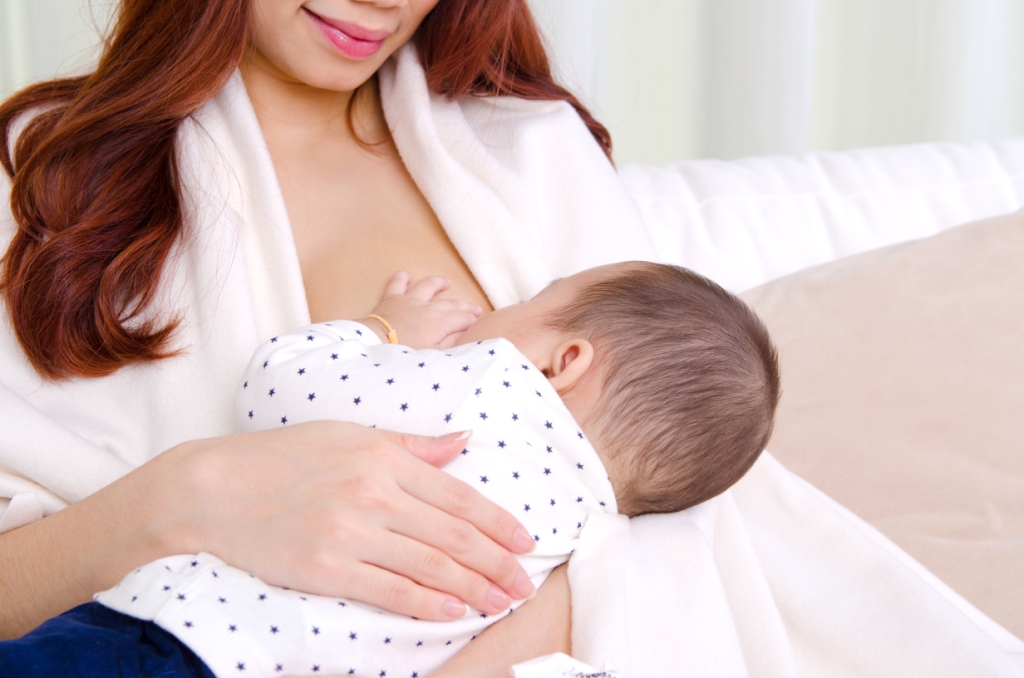
Myth: Covid-19 is more common among certain races so I should avoid contact.
Hafzan: There are some studies investigating the association of ethnicity and Covid-19 outcome. Asian individuals had a higher risk of severe infection by having a higher prevalence of diabetes and cardiovascular disease. However, there is no evidence to support any race to have higher chances of Covid-19 infection. Hence, we should not discriminate against any race as the disease can spread unknowingly.
The best practice is to practice good self-hygiene and physical distancing with anyone regardless of who they are.
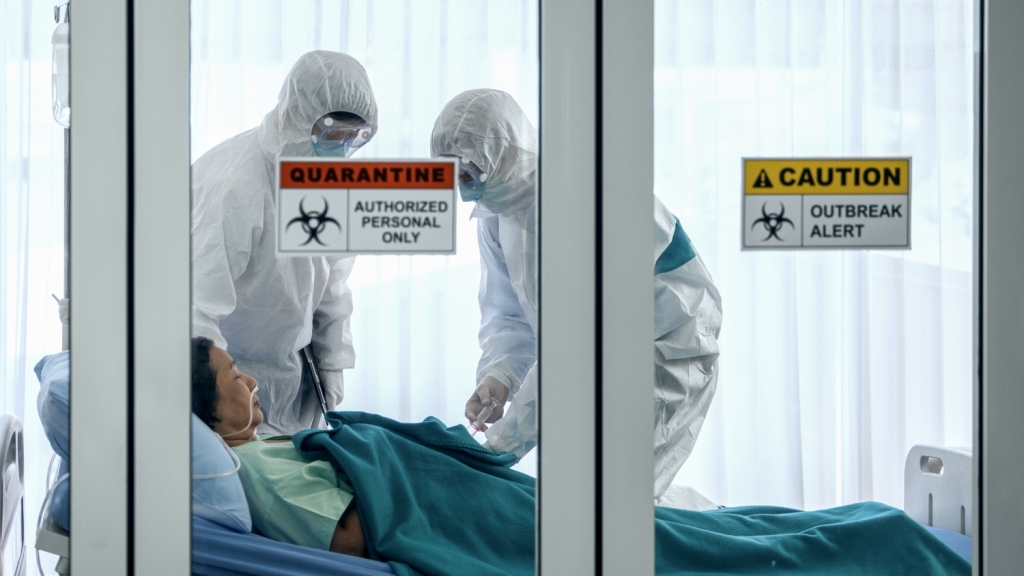
Myth: Do you think double masking works?
Hafzan: Depending on the type of mask that you are using. If you’re using a fabric/cloth mask, you may add multiple layers of material (absorbent material like cotton and non-absorbent material like polyester) or wear a disposable mask underneath a cloth mask.
The edges of the disposable mask should be snugly placed against your face. However, do not combine two disposable 3-ply masks or a N95/ R95 mask with any other mask. The disposable mask is not designed to fit tightly on the user and doubling it will not improve fit. On the other hand, the N95 and R95 fit snugly on the users’ faces. Hence, please use only one mask at a time. Principally, while wearing the mask, ensure maximum mask fit and you can breathe easily with the mask on.













